According to sport scientists, most elite athlete peak between the ages of 28 and 32, and then performance declines about 2 percent each year. The reason this occurs is because there are factors involved in the aging process that the aging process is causing changes at the cellular level. Once an athlete hits the age of 30, the following changes begin:
- Declining maximum heart rate
- Decline of ability to utilize oxygen during maximum effort (aka aerobic capacity, aka VO2 max)
- Loss of muscle mass, especially fast twitch fibers
- Decreased collagen production
- Loss of strength, speed, endurance, and reaction time
- Lower production of growth and sex hormones
Due to these physical changes, the body will naturally start to look and feel less youthful after the age of 30. This turning point will be different for everyone but in general this is the magic age where things start to change. Chances are if you’re reading this article, you have already started noticing these changes are ready to do something about it.
At a certain age, everyone will begin to notice that body composition is now a lot more difficult to change (though not impossible!). You may find that you can’t eat the same foods without noticing unwanted changes in your body. And if you drink alcohol, you’ll find that your body can’t process it the same as it did in your 20s.
Adaptation to training and the ability to recover after workouts an injury take longer the older you get. And because of changes in muscle mass and bone density, the risk of injury also increases as adult athletes age.
But why is it that some people look younger than their chronological age?
And why can some athletes continue to perform at a high level well into their 40s and 50s?
Turns out that genetics plays a role in athletic longevity but scientists have also found evidence of certain lifestyle interventions that can delay aging at the cellular level. This combination of genetics and lifestyle determines biological age, and can be older or younger than chronological age depending on the specific factors. There are some lifestyle factors that accelerate the aging process, while others can slow it down.
The secret to slowing down aging and optimize performance as you get older is to minimize the aging accelerators and maximize the aging delayers.
Aging accelerators include:
- Consuming processed foods and refined sugars
- Consuming foods cooked in pro-inflammatory oils such as vegetable, canola, corn and safflower
- Drinking more than 2 alcoholic beverages per week
- Not getting enough daily physical activity
- Lifestyle stress and stress-related diseases
- Some medications and medical treatments
- Exposure to environmental toxins
- Chronic dehydration
- Lack of high quality sleep
- Nutrient deficiencies
- Inadequate digestion and absorption (often from poor gut health)
- Smoking
And now for what you’re really interested in! In addition to avoiding the things that accelerate aging, here is a list of lifestyle interventions that scientists have found to delay aging at the cellular level:
- Having a strong support system
- Consuming bioactive phytochemicals from plants
- Rigorous cardiovascular exercise
- Regular strength training
- Contemplative and relaxation exercises (meditation, prayer, breath work, etc.)
- Eating less calories, less often
- Spending time in nature
- Cold therapy
- Improving range of motion in your muscles and joints through a consistent mobility routine
The key take away is that aging is an inevitable process that happens to all living things. But science has helped us identify simple lifestyle changes that can significantly delay the aging process. By implementing these changes, athletes will look younger, feel better, and perform at their best for many years to come.

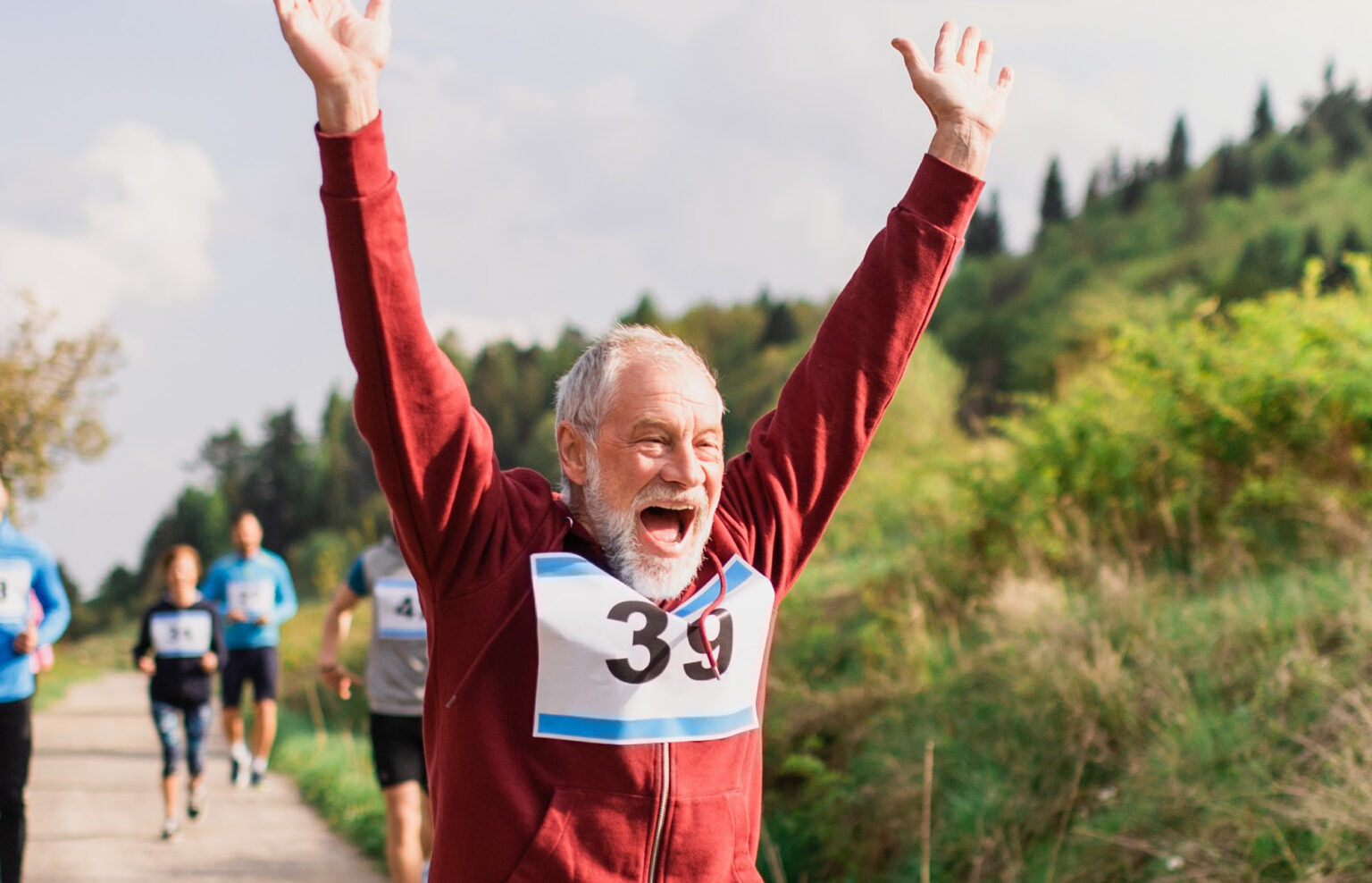
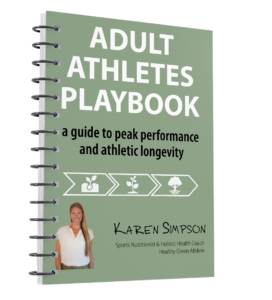

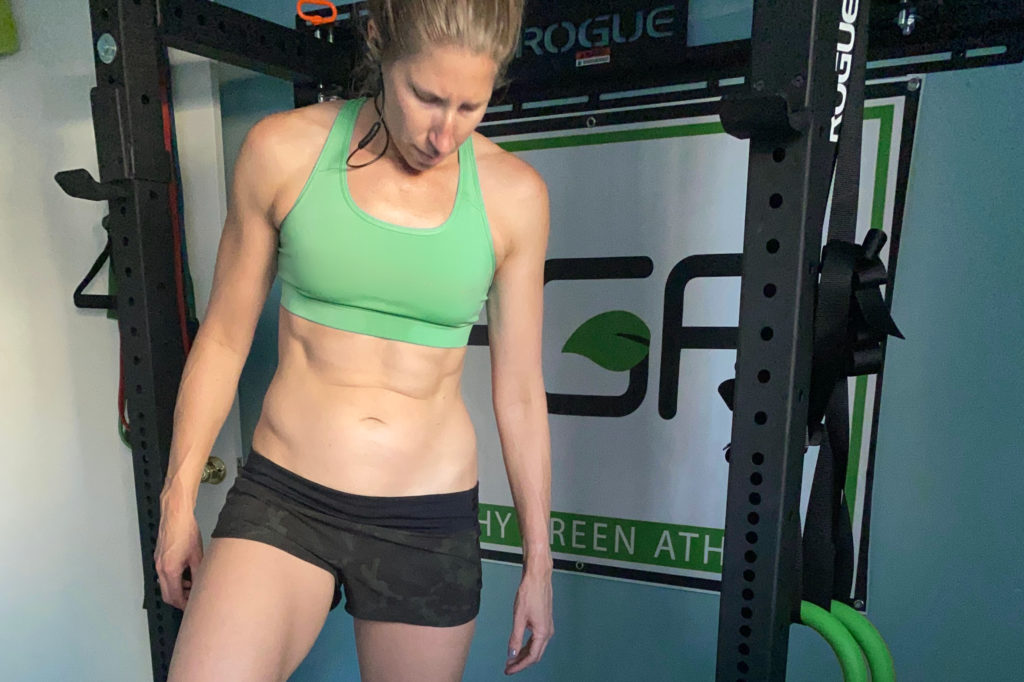

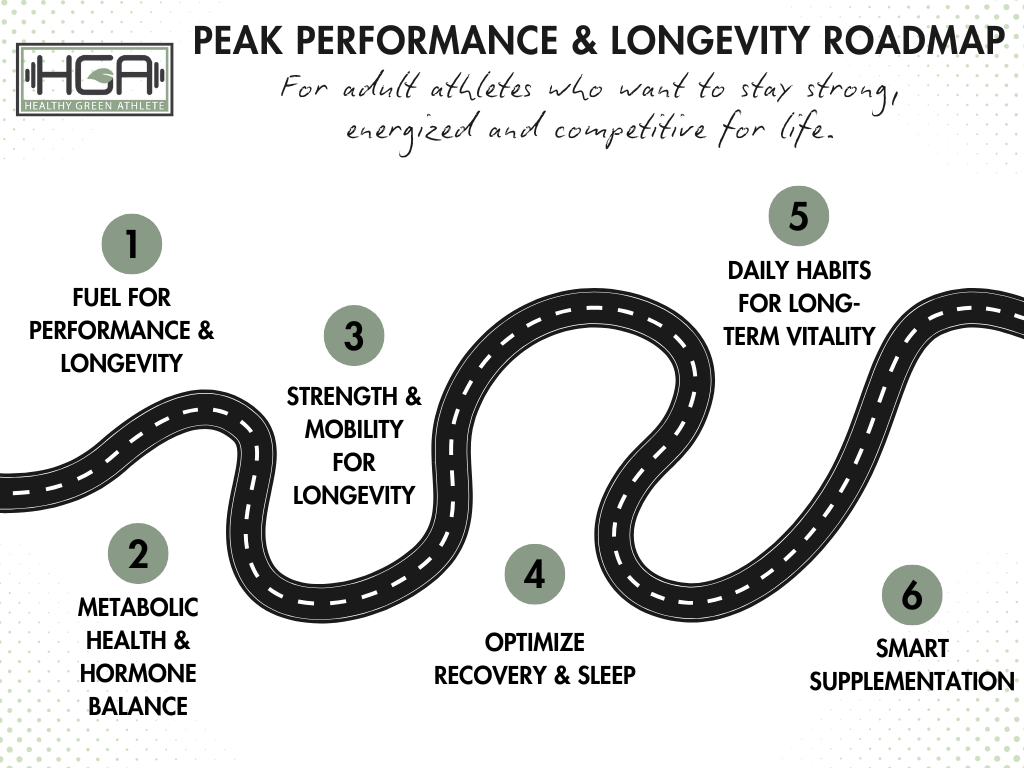
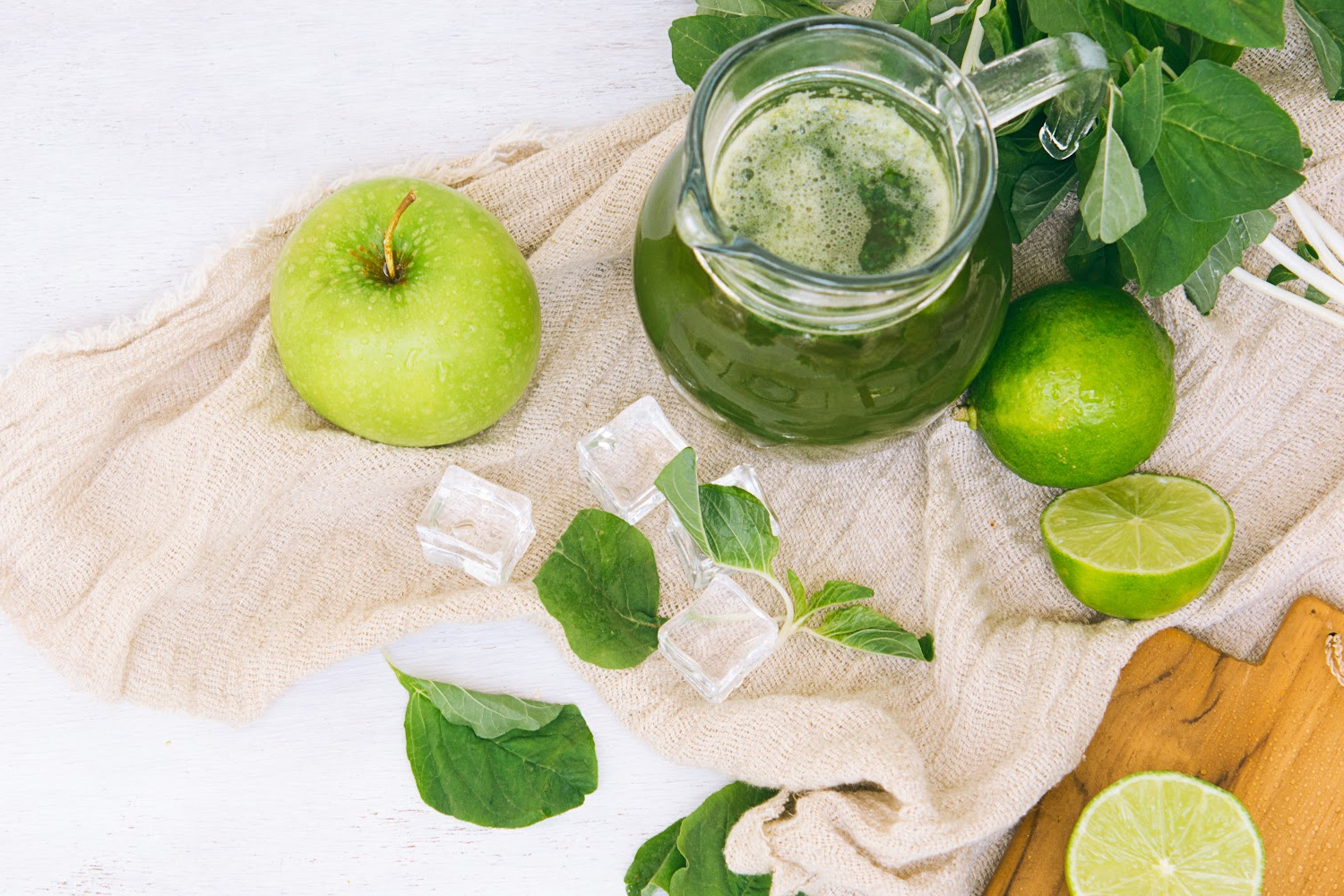
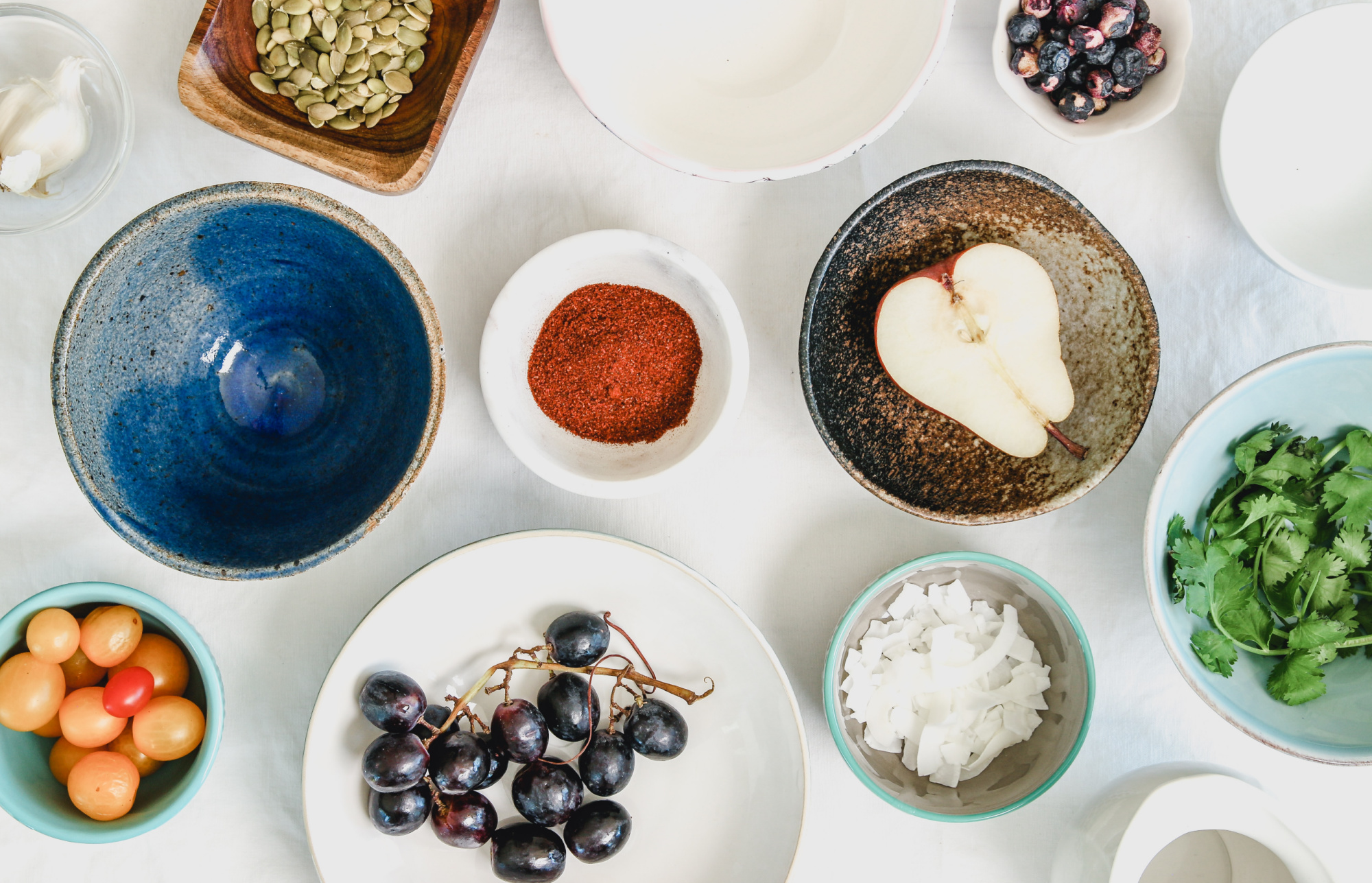
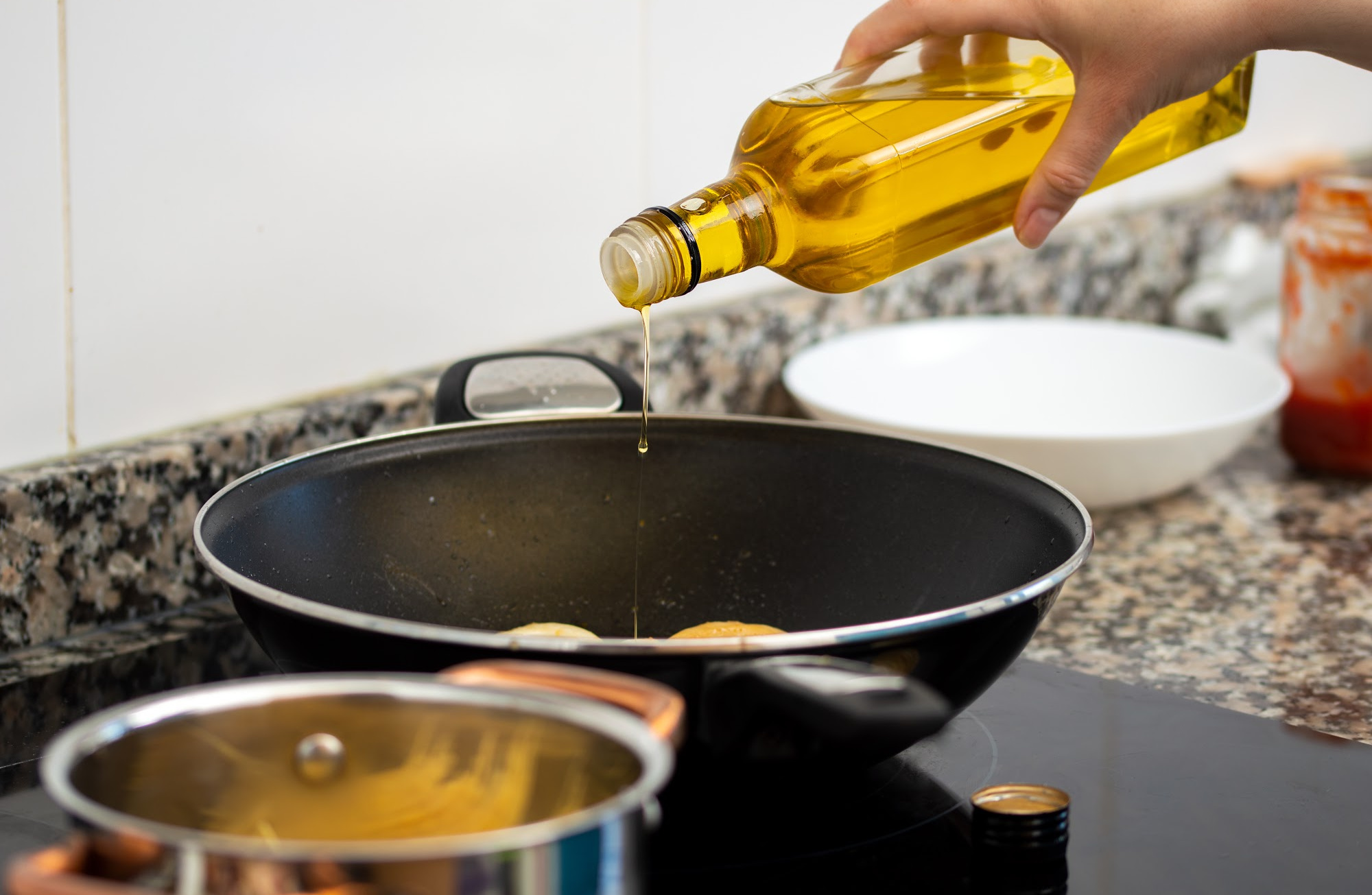

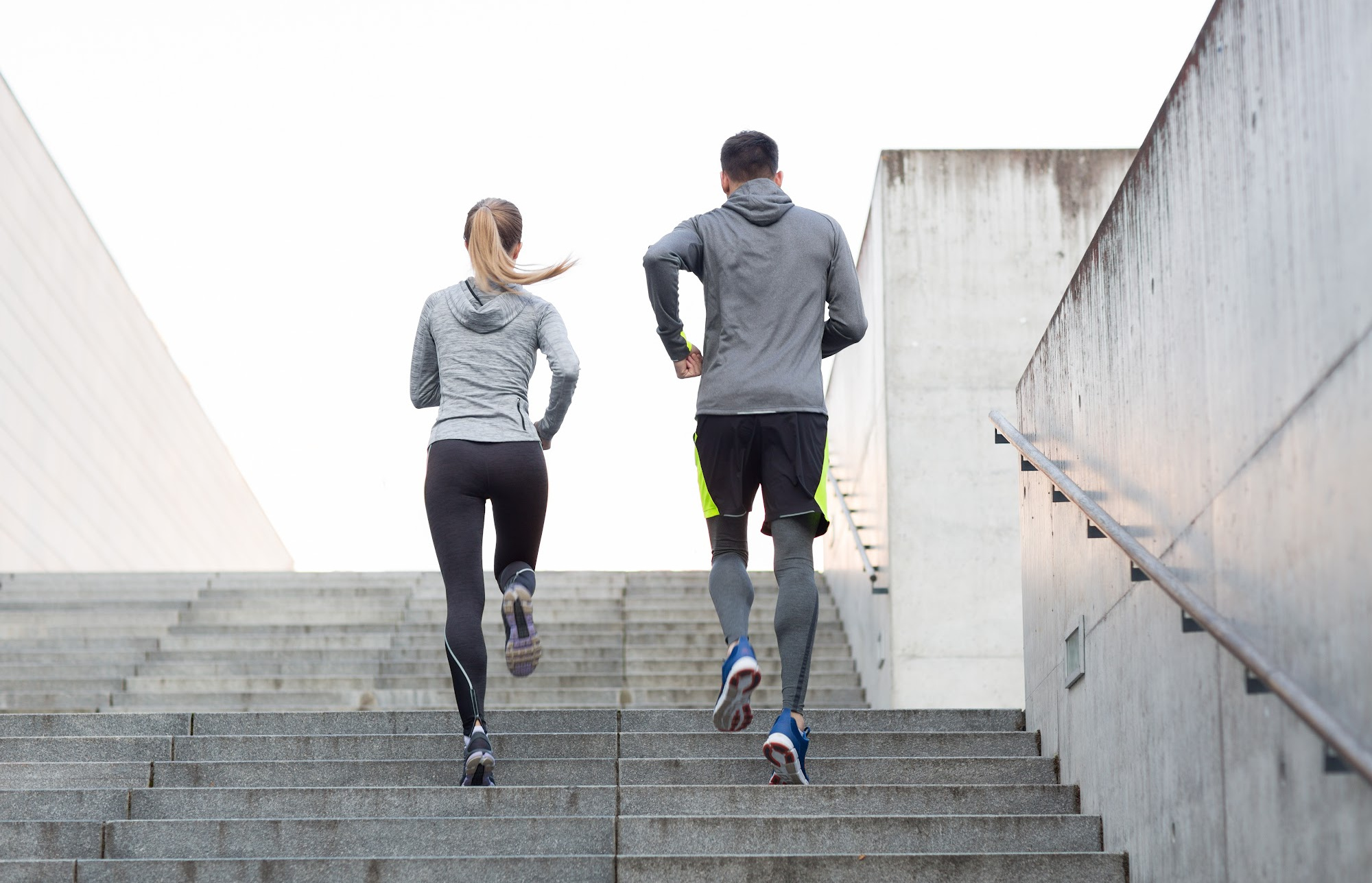

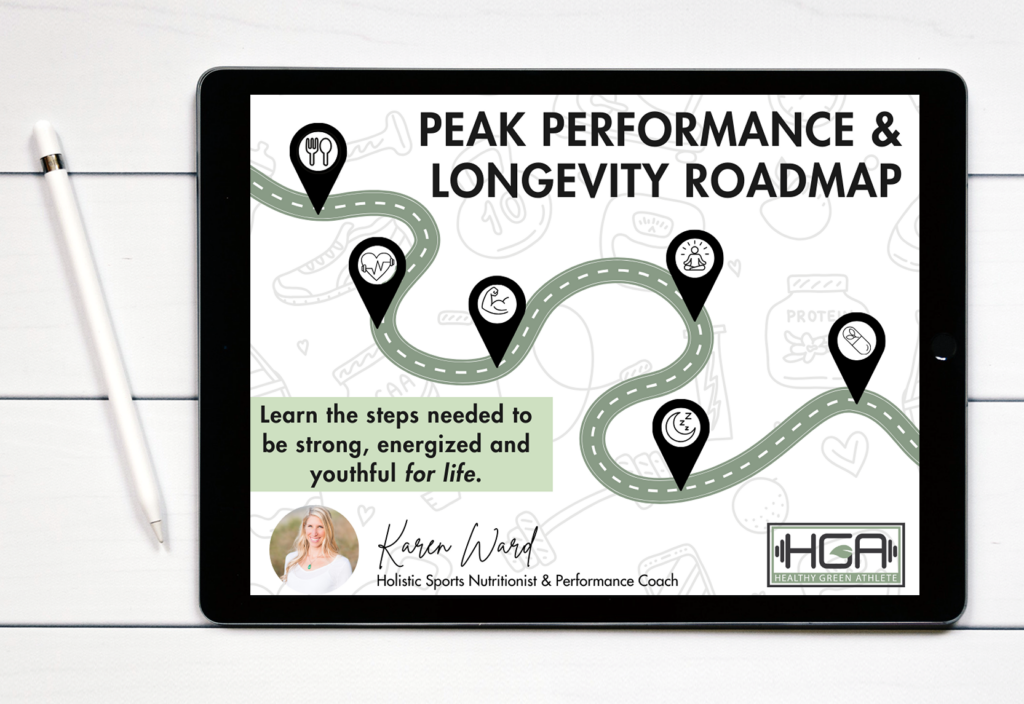
3 Comments
Pingback:
Pingback:
Pingback: